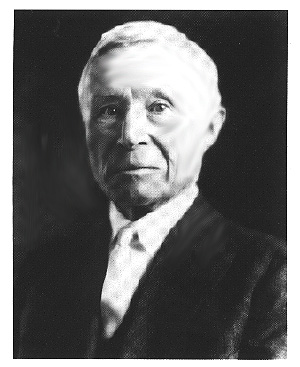welcome to the world, sam

I remember clearly, the emotions of the day... like a bell ringing soundly in the bay. I can even remember what it smelled like. Sweet, sexy, salty. San Francisco.
(heavenly sigh)
Leaning on a pole outside City Lights on a fine sunny day in July. Waiting for my girlfriend and thumbing through an anthology of mostly American writers (e.g. Twain, Bukowski, Miller, Spalding, Dorothy Parker et al), laughing my ass off.
Later, lounging in a North Beach hotel room, K-J said she loved watching me through the store window, smoking a Dunhill and laughing out loud under the California sun. Good times. Six years later, I remember that moment like it was yesterday. Life was good.
I saw Karen-Jane strolling down Denman a couple weeks ago. Literally, strolling with her new baby boy, Sam. We stopped and yakked for 10-15 minutes as she rocked her son to sleep in his hi-tech carriage. What a beautiful boy.
Mommy too. Despite the fact she looked really tired, K-J looked fantastic - brimming with bliss.
Life is good.

So what am I trying to say here?
Fuck all that drinking, smoking and screwing nonsense? Hmmm... good physical and mental health is SO important.
Find a good woman, make a home, a family and settle down?
I dunno, man. Seems like a stretch. LOL

Might be time to pick up a book, head back to SF.




















